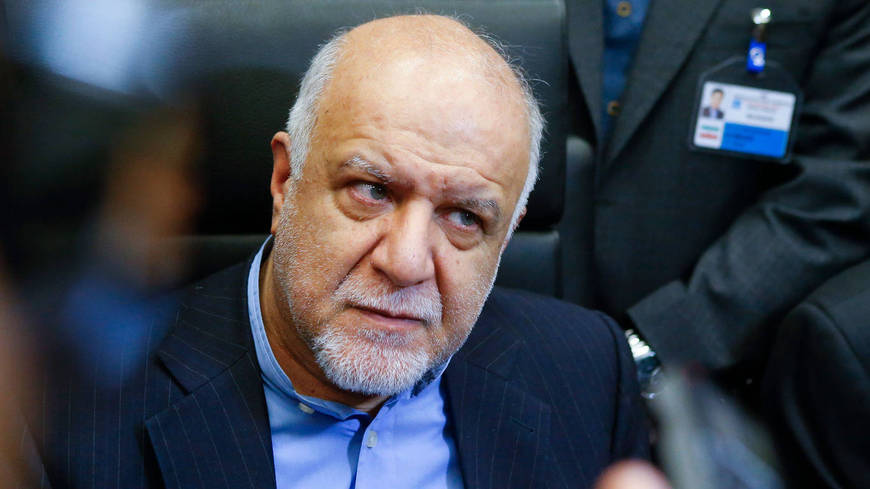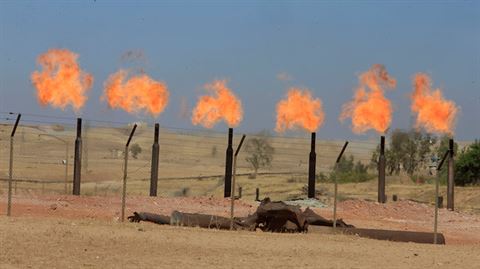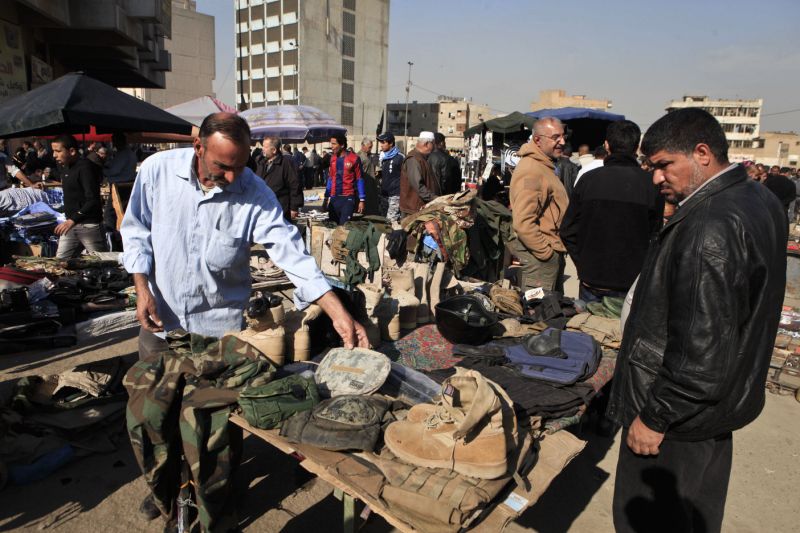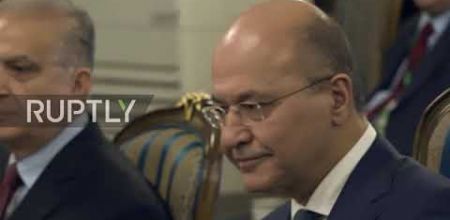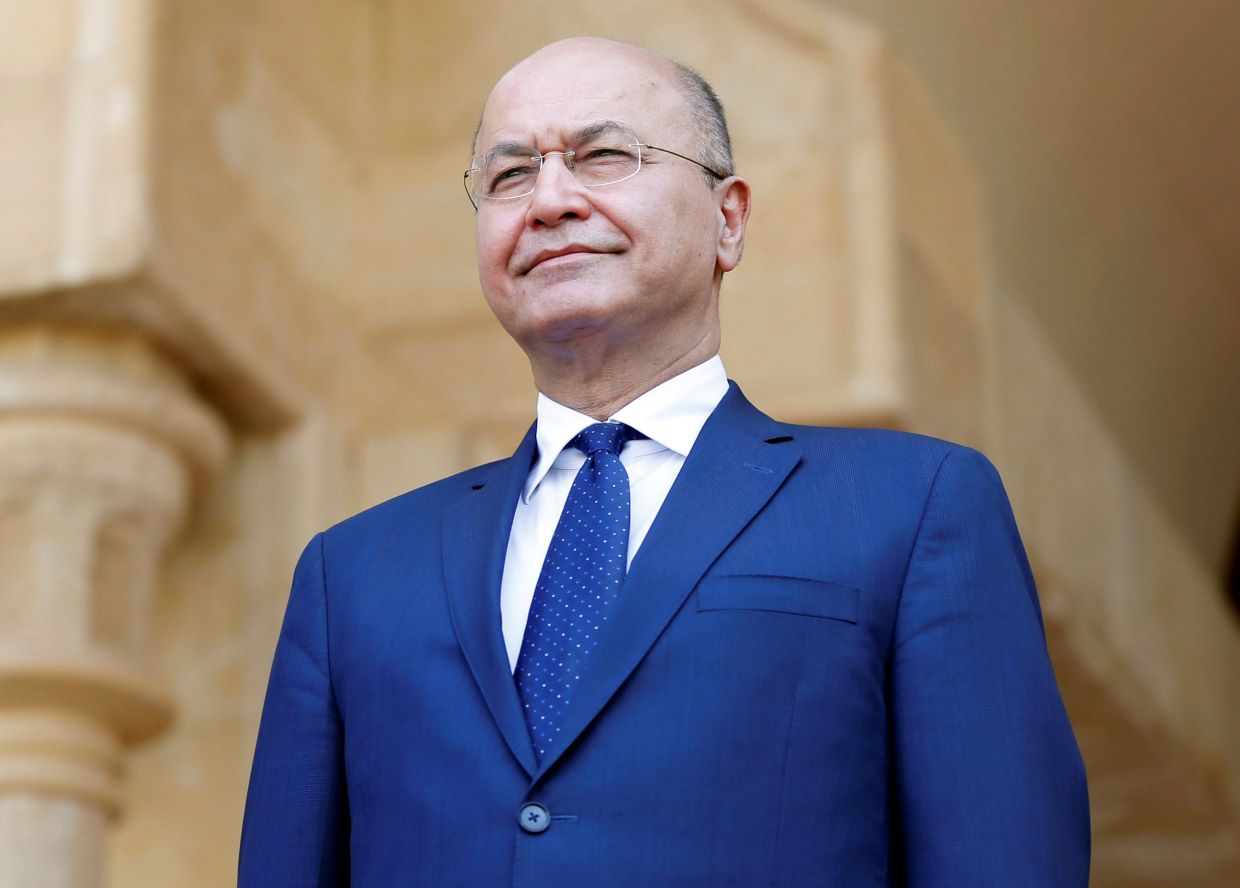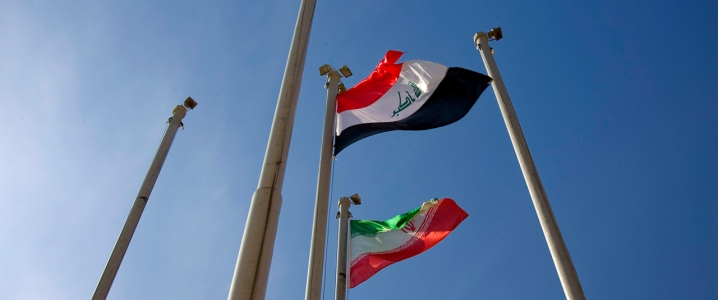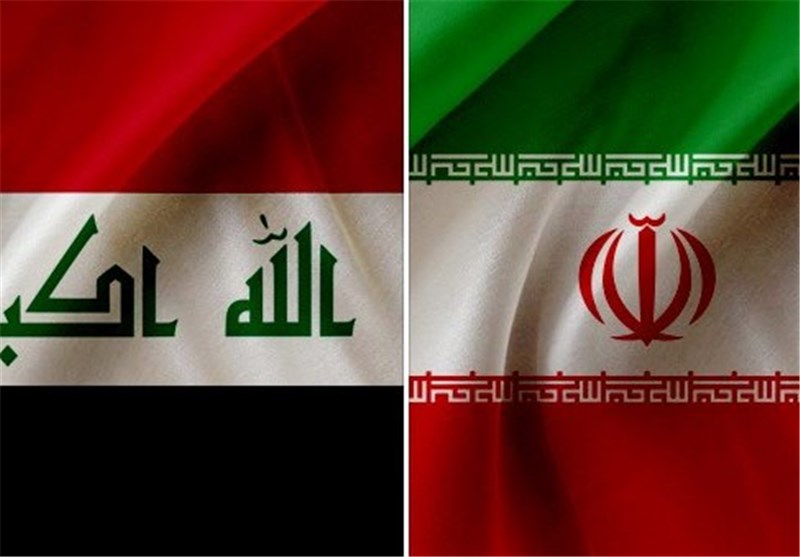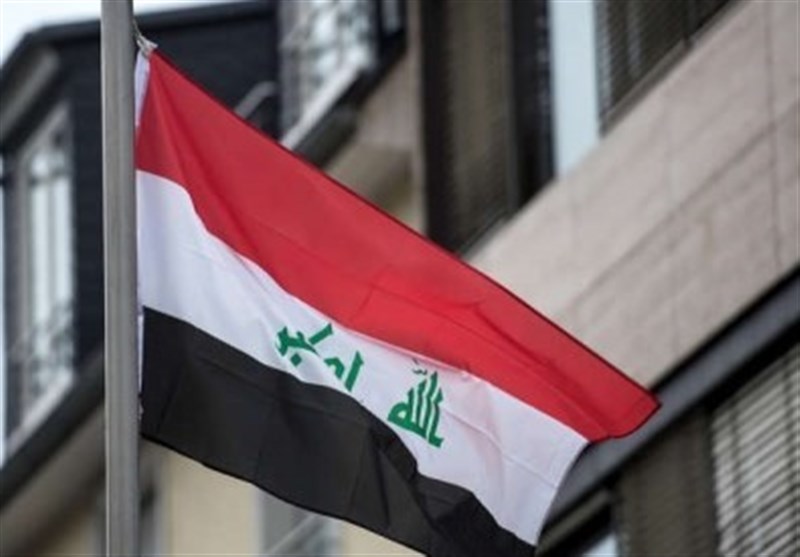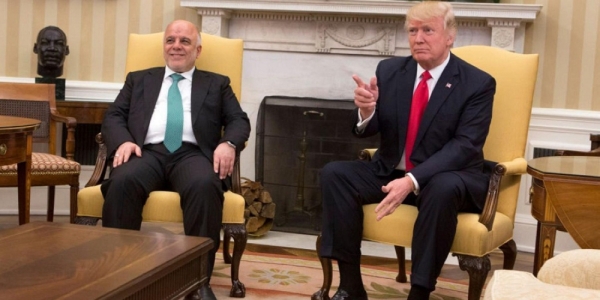By Adnan Abu Zeed for Al Monitor. Any opinions expressed here are those of the author and do not necessarily reflect the views of Iraq Business News.
Iran questions Iraq’s promise to import oil despite sanctions
Iran and Iraq have quite different views of their relationship status, with Tehran claiming it’s been jilted and Baghdad declaring it’s being faithful.
Iranian Minister of Petroleum Bijan Zangeneh (pictured) surprised Iraqi officials Feb. 7 when he very publicly expressed dissatisfaction with Iraq “reversing some oil agreements, and refusing to invest in the border oil fields and to pay Iran its [$2 billion in] debts.”
He indicated that “Baghdad’s commitment to the US sanctions has prompted [Iraq] to revoke minor agreements, such as the Kirkuk deal, under which we traded 11,000 barrels of oil a day.”
Iraq ended that deal in November under US pressure. The United States has imposed sanctions on Tehran and countries that defy those sanctions by continuing to do business with Iran.
Zangeneh’s remarks contradict the outcome of his meeting in Baghdad with Iraqi Oil Minister Thamir Ghadhban last month, when they agreed that Iraq would import gas from Iran and develop some border fields.

